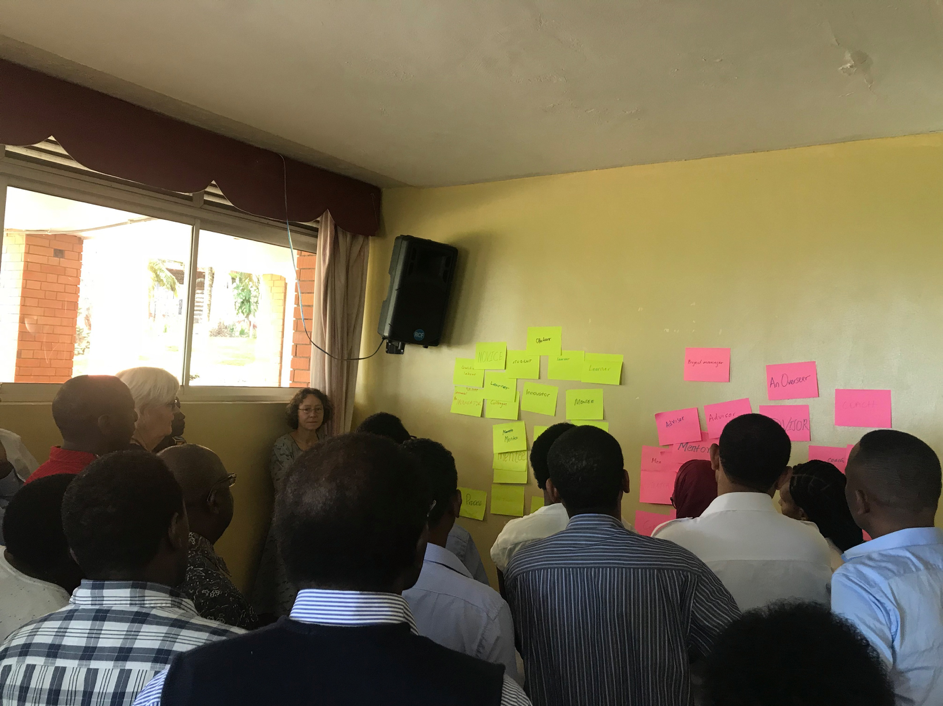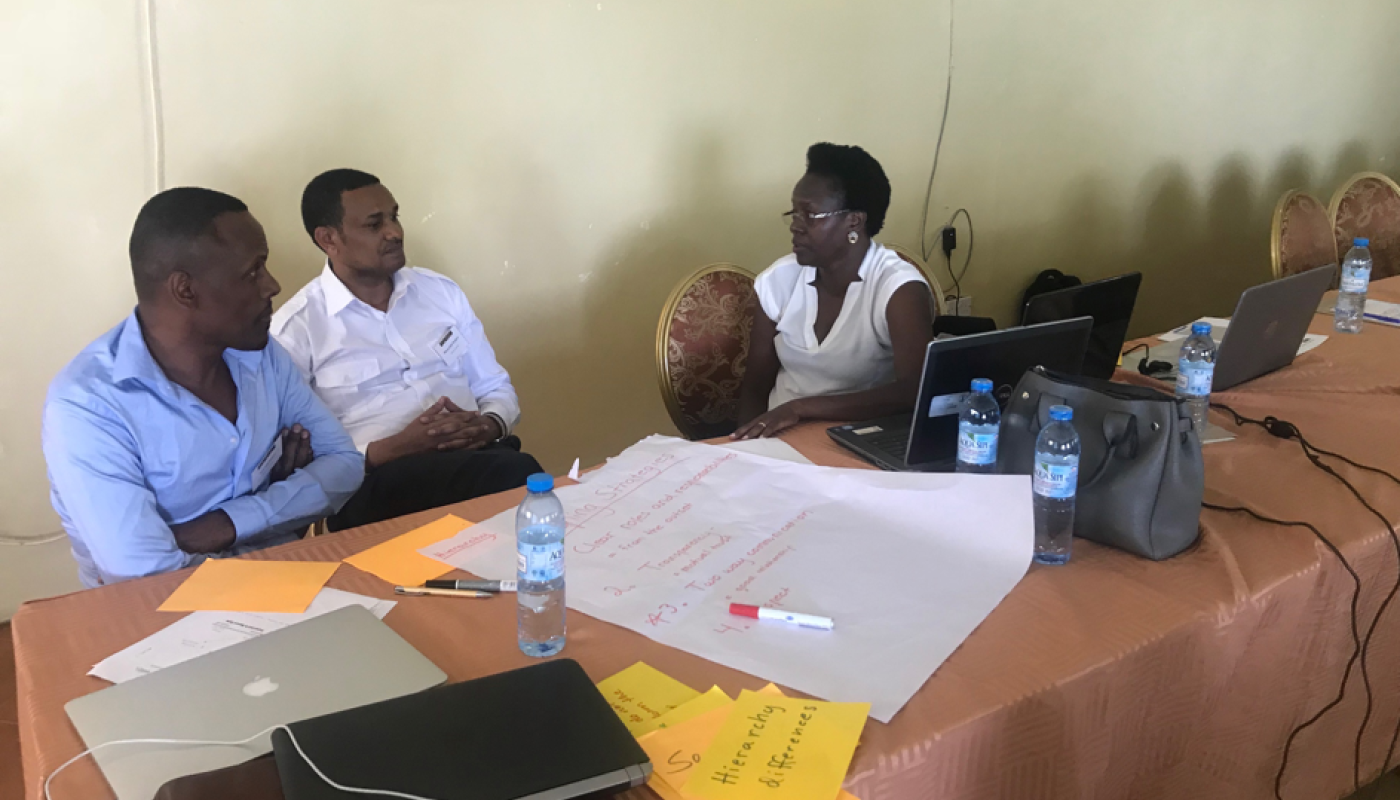Being a PhD student is not a walk on roses, and life while pursuing the PhD is usually filled with ups and downs. We strive to achieve academic success while working to get new knowledge and improve a specific research area. You might get the results you hope for, but unfortunately there are often disappointing results and struggles as well. I would be surprised if there is a PhD student who didn’t have periods where the motivation was low, and insecure feelings about their PhD and their ability to finish.
A good supervisor can be the key to having a positive experience with your PhD and achieving the academic results that you want. However, how to be a good supervisor isn’t obvious. Being a supervisor means to look over. You should guide your student in her process to make sure to reach their goal, but also you have to give them enough space to develop and think for themselves.
The challenge of good supervision can become particularly difficult when you are working within global health. This is an area where almost all the supervisors and the students come from different countries, and work in different countries. You don’t just have the regular meeting places for a student-supervisor relationship. Often there are big distances between you and your student, and you are dependent on good internet connections which is not always available everywhere. Additionally, there are cultural barriers and obstacles. Hence, it is not always easy to know how to give the best possible supervision, especially when you are on the other side of the world.
The Norwegian Research School of Global Health (NRSGH) aims to strengthen the quality of PhD education and to facilitate recruitment of young researchers in global health. As a part of this NRSGH has arranged supervision seminars in Norway to make sure that the students get the best possible guidance. However, many of the PhD students in the NRSGH are either from Southern Africa or working in this area. Therefore, there was a need to do a supervision course for the local supervisors.
In the end of October this year about 20 supervisors from the whole region was gathered for a two-day seminar in Entebbe, Uganda, on how to be a good supervisor. Sofie Kobayashi from the University of Copenhagen, whom holds a PhD on the subject and has extensive experience with teaching both PhD students and supervisors, was the keynote speaker. Supervisors from Uganda, Tanzania, Malawi, Zambia, Ethiopia, Norway and Sweden were present. Kobayashi gave valuable insight and got the group to reflect on how to be a good supervisor. There were active discussions where the supervisors could share their previous experiences and challenges.
One of the take-home messages was that different students have different needs, but you should try to meet the students where they are. Defining roles and a good two-way communication is important. Identify when your student is struggling. Make sure the relationship is professional, but also relaxed. These were among the many things that were discussed during this two-day seminar. The feedback from the participants was very good, and I personally think this seminar will be benefit both the supervisors and the PhD students in the future. Never forget – the main goal for us is to provide high level research that can bring the world forward.

The Norwegian Research School of Global Health organised a two-day supervision seminar in October 2018.

